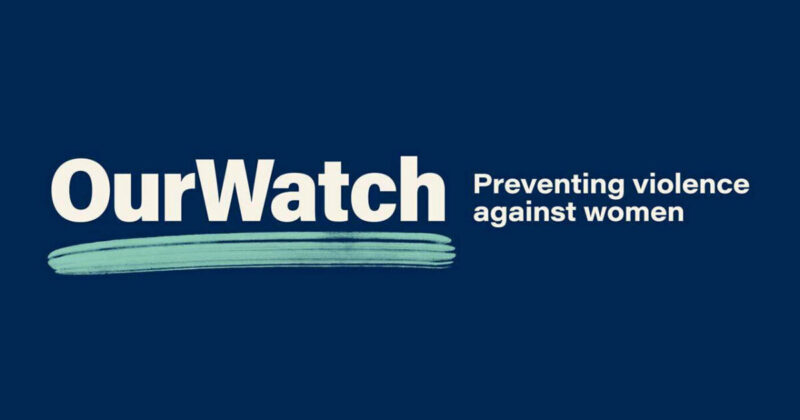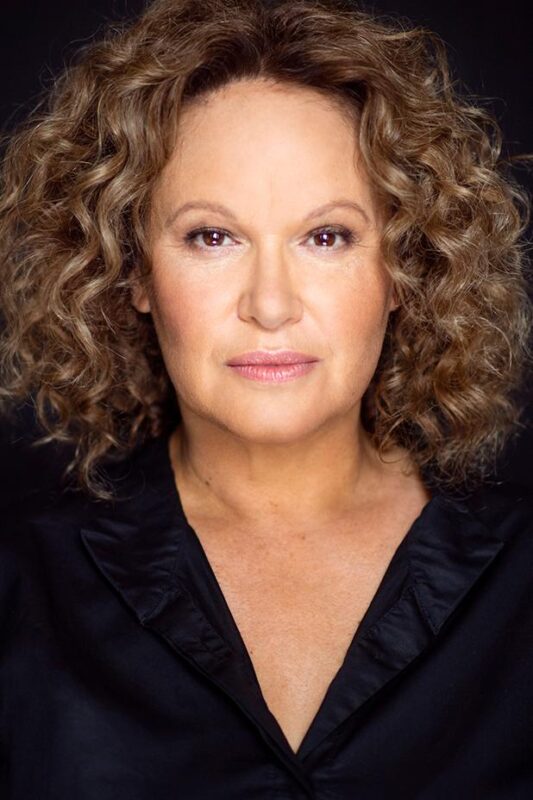‘We can really shift public opinion on this’: The role of media in growing conversations on national crises
The national crisis of men’s violence against women has become a more public conversation, and the Australian media has played a critical role in that shift. But experts say it is crucial media practitioners engage respectfully and ethically to continue the conversation.
At the Women in Media National Conference on Friday morning, a session moderated by ABC’s 7:30 host Sarah Ferguson discussed how news coverage, advertising, social platforms and fictional storytelling on screen, stage and page can suitably talk about the epidemic.
Moo Baulch, chair of leading not-for-profit Our Watch, said community attitudes have changed, and journalists and other media practitioners have started to grasp how critical their roles are in telling these stories.
“I think we’ve come an immense way in that respect,” she said. “It is vitally important that not only are we getting these stories onto the front page, but also that we’re telling them in a way that is respecting the dignity of victim survivors, and recognising that this is a widespread problem.”

She said the media are telling the stories of themselves, of their mothers, grandmothers, sisters, and the people around them, and “if we can tell those stories in a way that is sensitive, and is growing the conversation, we can really shift public opinion on this”.
Amanda Rishworth, the Federal Minister for Social Services, agreed with Baulch, but said a careful balance is needed in how the epidemic is portrayed.
“If it is all about crisis and a lack of hope, that can actually work against what you’re trying to achieve,” she explained. “Your job as the media is to hold us [the Government] to account, and I very much welcome the focus on these issues, but how these stories are told and the diversity of these stories and experiences is equally important.”
Without the diversity of experiences, the shift we have seen will soon disappear, she stressed.
“If women and children, particularly women experience domestic violence, can’t see their stories reflected, then there is a challenge about them feeling hope and feeling what their way out is, and that’s really important.”
Meanwhile, looking to film and television, the creation of characters – both perpetrators and victim survivors – is a crucial part to how society forms its ideas, and it is just as important to ensure these characters are created as ethically and respectfully as possible.
Leah Purcell, screenwriter, actress and director, said her artistic choices often come from her own experiences, referring back to what Baulch said.

Leah Purcell
“Even though it is fiction, it comes from a place of truth. Being an actor, you’re not just performing, you’re actually understanding and reading your audience, and I always try to do my best to bring awareness and a voice to issues like domestic violence.
“Art is important, you can say it is fictional to make people feel more comfortable, but I often want my scenes to be as raw as they can be.”
Referring to a 1997 play she co-wrote, ‘Box The Pony’, Purcell said there was a very visual scene that was based off an experience she had when she was young. She said women who saw the show would thank her for her honesty, bravery, and some would relate to the scene, and make a change in their life.
The play also had an immense impact on the men who saw it – men would tell her they were rethinking some of their questionable behaviours, they were thinking about their daughters’ futures, and so forth.
“My job as a writer had been done.”




 Linkedin
Linkedin
Have your say